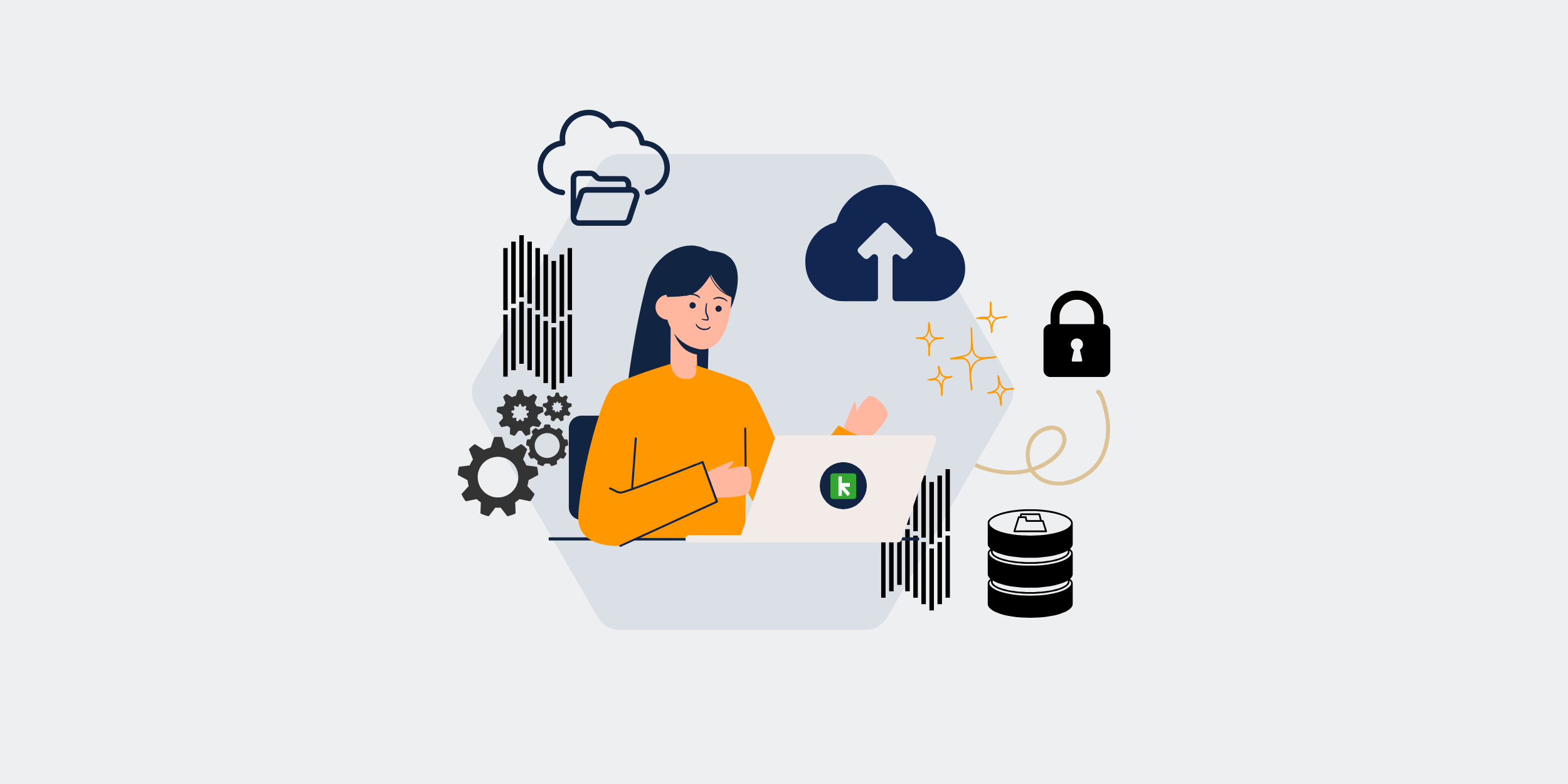The Importance of Prioritizing Backups for Keap CRM Data Security

Why Keap Data Backups Should Be a Business Priority
In today’s fast-paced digital world, the security of your business’s data can make or break your future success. Imagine a scenario where all your crucial customer interactions, sales data, and valuable analytics disappeared overnight. Terrifying, right? This is why prioritizing your data backups—especially if you’re using Keap—is not just a task on your to-do list but a necessity.
Understanding the Importance of Data Backups
The Data-Driven Business Environment
Today, businesses operate in a landscape where data drives decisions. From customer acquisition strategies to complex marketing campaigns, data informs the steps businesses take to grow and expand. Simply put, data is the heartbeat of modern business.
What Are Data Backups?
Data backups are essentially copies of your critical files and databases that are stored in a secure location. This ensures that in the event of a loss or breach, you can retrieve important information and continue operations as seamlessly as possible.
Why Keap Needs a Backup Plan
The Role of Keap in Business Operations
Keap, formerly known as Infusionsoft, is a popular customer relationship management (CRM) tool used by small businesses to handle everything from email marketing to sales management. Given its central role, protecting the data within Keap is crucial.
Potential Risks Without Adequate Backups
Without a backup strategy, you risk losing not just data, but customer trust and business credibility. Imagine experiencing a system failure or a malicious attack only to realize that all your efforts invested in managing customer interactions have vanished. This kind of loss can severely impact your business operations and your bottom line.
The Mechanics of Keap Backups
How Backups Work with Keap
Backing up Keap data involves making copies of your CRM data on a scheduled basis. These backups are stored either in the cloud or on physical media, allowing you to access your data in case of a catastrophic event. It’s akin to having a safety net ready to catch you when you fall.
Choosing the Right Backup Solutions
Selecting the right backup solution requires understanding the nature of your data and how you access it. Popular choices include cloud-based systems due to their flexibility and accessibility. Remember, the goal is to ensure data is not just backed up, but readily retrievable.
Benefits of Prioritizing Data Backups for Keap
Continuity and Reliability
One of the most significant advantages of having data backups is ensuring continuity. Businesses with backed-up data can recover from unforeseen events like cyberattacks or accidental deletions with minimal disruption. A reliable backup equals peace of mind.
Protecting Customer Relationships
Your customers entrust you with their data, expecting it will be kept safe. Backups protect this delicate relationship by ensuring their information remains secure and accessible, strengthening trust and loyalty in the process.
Implementing a Robust Backup Strategy
Setting Up Your Backup Schedule
Crafting a backup schedule that’s consistent and regular is essential. This involves determining how frequently your data changes and setting backup intervals that reflect this. Whether it’s daily, weekly, or monthly, consistency is the key.
Regular Testing and Updates
Merely having backups isn’t enough. Regular testing ensures that your data can be restored quickly when needed. Keep your backup systems updated to protect against new threats and ensure they operate effectively.
Overcoming Common Backup Challenges
Handling Large Volumes of Data
Handling significant data volumes can be daunting. Utilize solutions that efficiently compress and organize data for backups, making them more manageable and less time-consuming.
Cost Considerations
It’s tempting to cut corners, but investing in a solid backup strategy is a necessary cost. Consider this an insurance policy for your data. Evaluate different backup solutions to find one that fits your budget while offering robust protection.
Concluding Thoughts on Data Backups for Keap
Backing up your data shouldn’t be an afterthought. By making it a priority, you’re not just safeguarding your current operations but securing your business’s future. Ensuring the integrity and availability of your data allows you to focus on what truly matters—growing your business.
Frequently Asked Questions
1. How often should I backup my Keap data?
We recommend backing up Keap data at least once a week; however, daily backups ensure maximum reliability and data integrity, especially for businesses with high data turnover.
2. What should I do if a backup fails?
If a backup fails, it’s critical to address the issue immediately. Check your backup software logs for error messages and try a manual backup as a workaround. If problems persist, consult with your IT provider.
3. Can I use cloud services for backing up Keap data?
Absolutely! Cloud services offer scalable, flexible, and often cost-effective solutions for backing up data, making them an excellent choice for many businesses.
4. What other data should we consider backing up?
In addition to your CRM data, consider backing up other essential files such as sales reports, employee contact information, and marketing assets to ensure comprehensive protection.
5. Is there a way to automate Keap data backups?
Yes, many backup solutions offer automation features. Setting up automated backups can save time and reduce the risk of human error, ensuring your data is consistently and regularly backed up.
Get started with CRM-Backup today! Choose your plan now.
